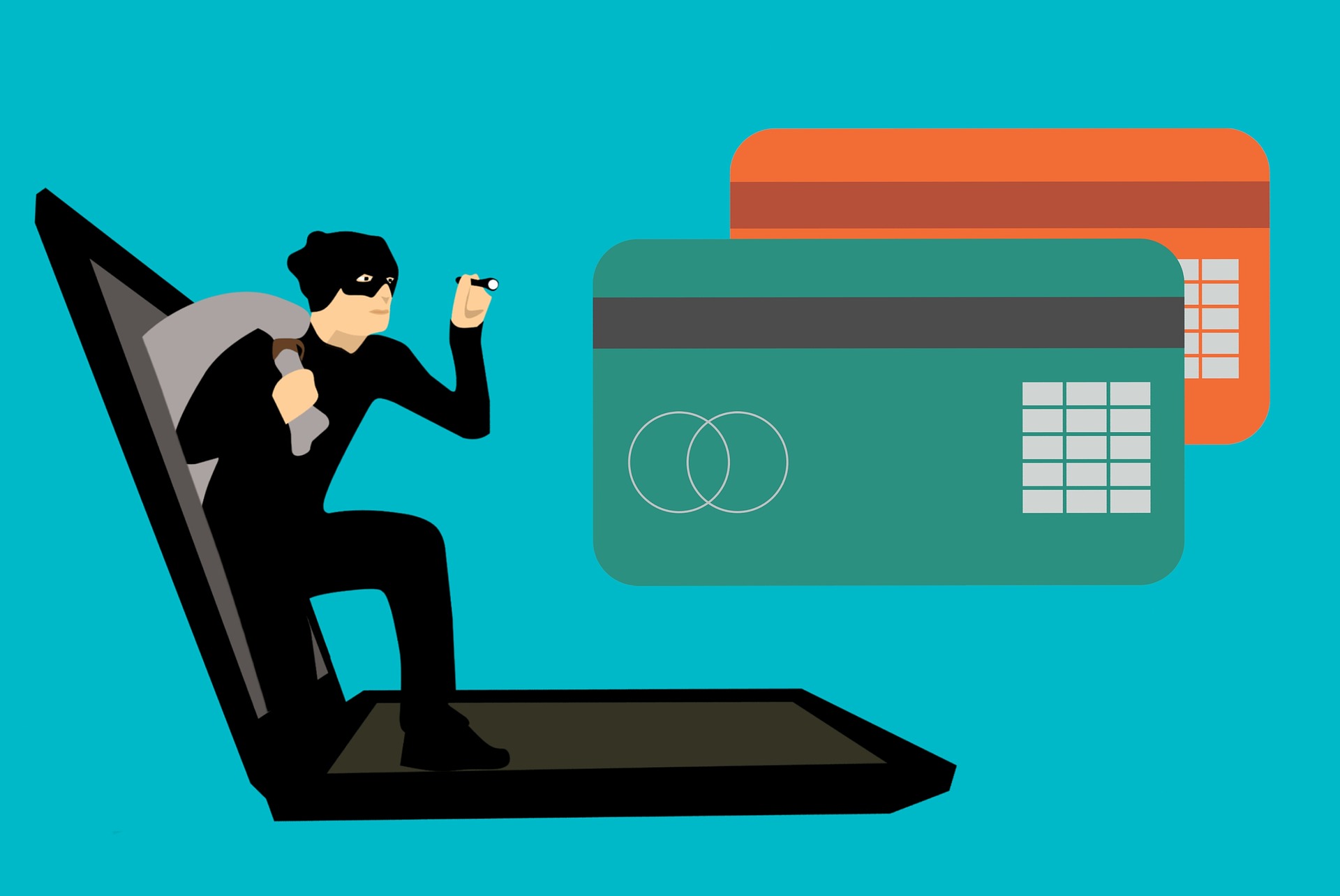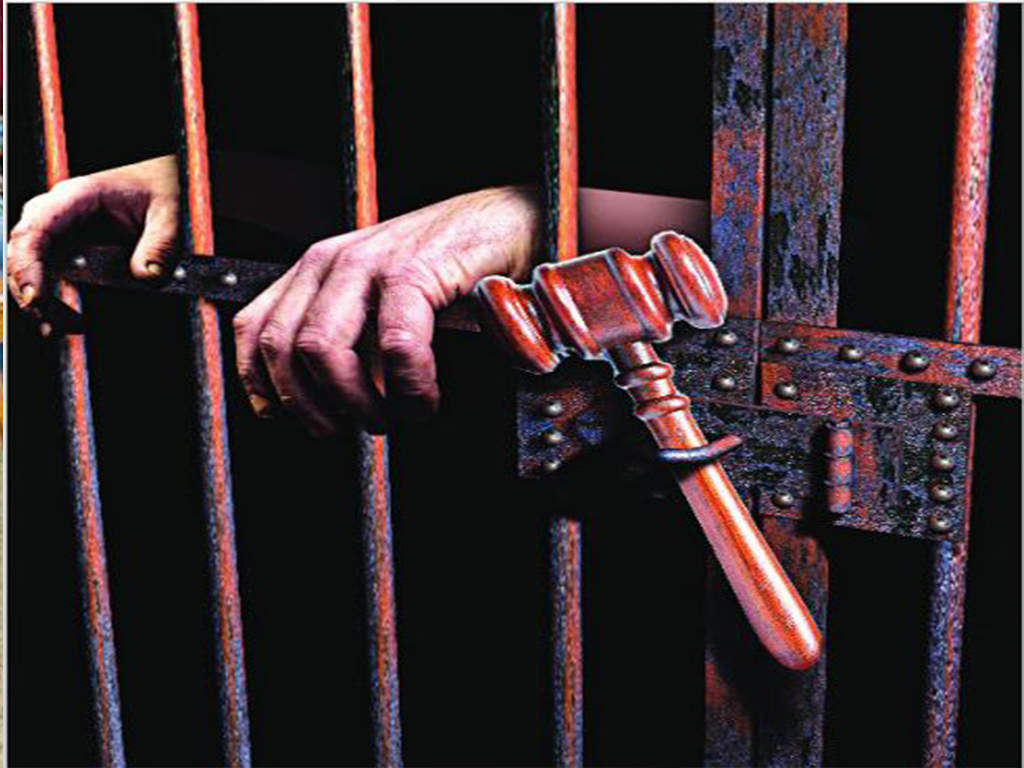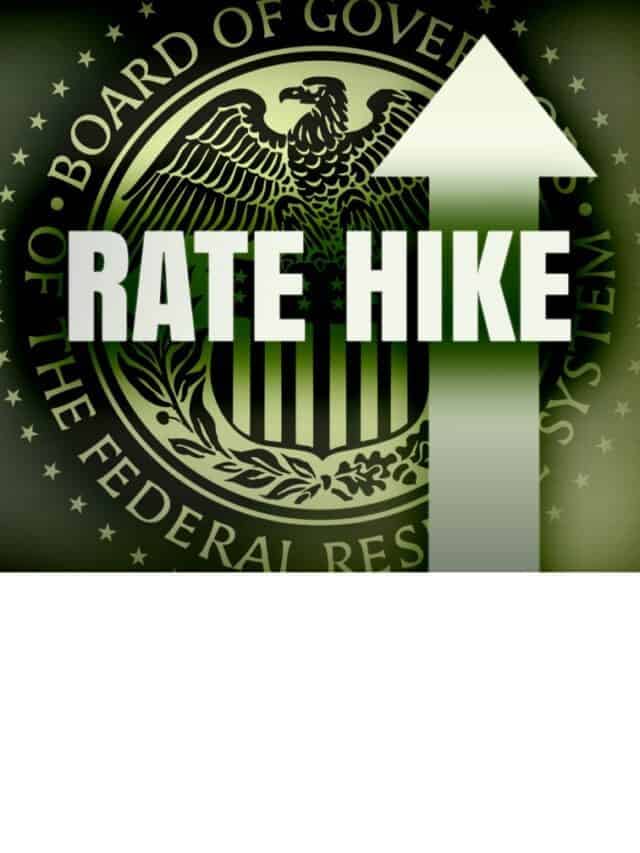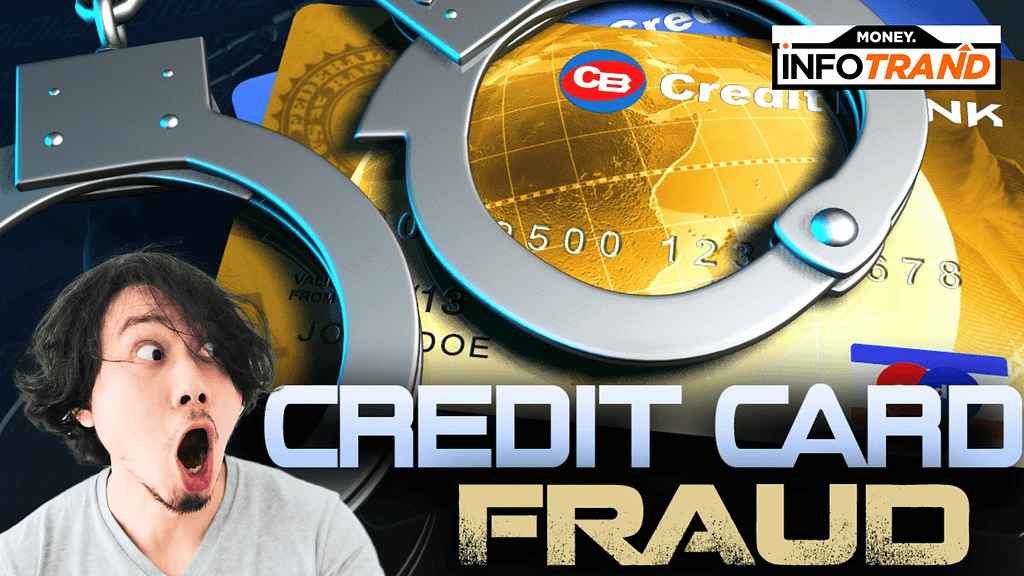Introduction
Credit card fraud is the illegal and unauthorized use of another person’s credit card information or the creation of counterfeit cards for financial gain. This article aims to throw light on the various aspects of credit card fraud. This includes the potential Credit Card Fraud Jail Time and legal penalties associated with such offenses. Individuals and organizations can take proactive measures to prevent credit card fraud and contribute to a safer financial landscape for all by understanding the severity of the consequences.
Credit card fraud including the theft of the card or the number normally carries a jail term ranging from 1 to 5 years. Identity theft is handled more harsher with jail penalties of up to 10 or 20 years.
Types of Credit Card Fraud

Identity Theft
Identity theft is one of the most common type of credit card fraud which means the unauthorised use of personal information of another person. It can result in financial losses, credit score harm, and the time-consuming process of recovering a stolen identity. All Individuals need to be careful in securing their personal information, constantly monitor their credit reports, and quickly report any unusual activity to the appropriate authorities to reduce the risk of identity theft.
Card Skimming
Card skimming involves the illicit capturing of credit card information using hidden devices installed on legitimate card-reading devices. These devices, known as skimmers, collect card details when individuals insert their cards for transactions. To protect against card skimming, it is advisable to be cautious when using unfamiliar card readers, regularly check bank statements for unauthorized transactions, and cover the keypad while entering PINs.
Phishing and Online Scams
Phishing and online scams use deceptive techniques to trick individuals. Individuals become victims of fraud by revealing their credit card details or other sensitive information. Scammers pose as reputable organizations or financial institutions, luring victims into clicking on malicious links or providing personal information under false pretenses. To avoid falling victim to phishing and online scams, it is essential to exercise caution when responding to unsolicited requests, verify the authenticity of websites, and regularly update and use reliable security software.
Counterfeit Cards
Counterfeit cards are fake credit cards created using stolen or duplicated card information. Criminals use these cards to make purchases, withdraw cash, or engage in other fraudulent activities. To prevent counterfeit card fraud, individuals should report lost or stolen cards promptly, keep track of their cards, and monitor transactions regularly for any unauthorized activity.
Detection and Prevention of Credit Card Fraud
Advanced Fraud Detection Systems
Advanced fraud detection systems use sophisticated algorithms and machine learning techniques to analyze transaction patterns and detect suspicious activities in real-time. By monitoring transaction parameters, these systems can flag and block suspicious transactions, preventing unauthorized charges before they occur.
EMV Chip Technology
EMV chip technology has enhanced the security of credit card transactions. EMV cards store encrypted data and generate unique transaction codes for each purchase, making it difficult for fraudsters to clone or counterfeit cards. This technology has contributed to a reduction in counterfeit card fraud.
Two-Factor Authentication
Two-factor authentication adds an extra layer of security to credit card transactions by requiring additional verification. This can involve a one-time password sent to a registered mobile number or a biometric scan. Implementing two-factor authentication helps protect against unauthorized use of stolen credit card information.
Best Practices for Consumers to Protect Their Cards
Consumers can proactively protect their credit cards and minimize the risk of fraud by:
1. Safeguarding Personal Information: Keeping credit card details, PINs, and passwords confidential and sharing information only with trusted sources.
2. Monitoring Account Activity: Reviewing credit card statements regularly and reporting any discrepancies or suspected fraud.
3. Using Secure Websites and Networks: Making online purchases only on secure and reputable websites, avoiding public Wi-Fi networks or unsecured websites.
4. Keeping Software Updated: Ensuring that computers and mobile devices have the latest security updates and patches installed to protect against vulnerabilities that fraudsters may exploit.
5. Avoiding Suspicious Links and Emails: Being cautious of clicking on unfamiliar links or opening suspicious emails, as they may contain malware or phishing attempts.
6. Shredding Documents: Disposing of credit card statements, receipts, and other sensitive documents by shredding them to prevent unauthorized access.
7. Reporting Lost or Stolen Cards: Immediately contacting the credit card issuer if a card is lost or stolen to prevent unauthorized use and request a replacement card.
8. Opting for Secure Payment Methods: Using secure payment methods, such as chip-enabled cards or digital wallets, when making transactions.
9. Regularly Checking Credit Reports: Requesting and reviewing credit reports from credit bureaus to identify any unauthorized accounts or suspicious activity.
Credit Card Fraud Jail Time and Legal Penalties
Credit card fraud is a serious offense with potential legal consequences. The specific jail time and legal penalties for credit card fraud vary depending on varios factors. Factors such as the jurisdiction, the extent of the fraud, and the presence of aggravating circumstances. Generally, the penalties can include:

1. Imprisonment: Depending on the severity of the offense Perpetrators of credit card fraud may face imprisonment ranging from 6 months to 10 years. Repeat offenders or those involved in large-scale fraud schemes may receive longer prison sentences.
2. Fines: Courts can impose substantial fines on individuals convicted of credit card fraud. The amount of the fine is typically determined by factors such as the financial losses incurred by victims and the profits gained from the fraudulent activities.
3. Restitution: Offenders may be required to pay restitution to the victims to compensate for their financial losses resulting from the fraud.
4. Probation: In some cases the court may impose probation which involves certain restrictions and requirements that the offender must adhere to, such as regular check-ins with a probation officer and abstaining from any further illegal activities instead of or in addition to imprisonment,
5. Criminal Record: A conviction for credit card fraud results in a criminal record. Which can have long-lasting consequences including difficulty in obtaining employment, housing, or loans in the future.
Note : It is important to note that laws and penalties vary by jurisdiction. So it is advisable to consult with a legal professional familiar with the specific laws in your area.
Conclusion
Credit card fraud is a pervasive issue that can have severe consequences for both individuals and businesses. Understanding the different types of credit card fraud and implementing preventive measures can help protect against fraudulent activities. Additionally, being aware of the potential jail time and legal penalties associated with credit card fraud can serve as a deterrent and encourage individuals to engage in ethical financial practices.
By staying informed, practicing vigilance, and adopting secure habits, we can collectively contribute to a safer financial environment, mitigating the risks of credit card fraud and fostering trust in electronic transactions.
Most importantly if you suspect any fraudulent activity or have fallen victim to credit card fraud, it is crucial to report it to the appropriate authorities on time and contact your credit card issuer immediately.

Read More : Rudy Giuliani Net Worth: Personal Life, Career and Finances
FAQ (Frequently Asked Questions)
1. Q: What is credit card fraud?
A: Credit card fraud refers to the illegal and unauthorized use of someone else’s credit card information or the creation of counterfeit cards for financial gain.
2. Q: What are the different types of credit card fraud?
A: The different types of credit card fraud include identity theft, card skimming, phishing and online scams, and the use of counterfeit cards.
3. Q: What is identity theft?
A: Identity theft is a type of credit card fraud where personal information is used without authorization, leading to financial losses and potential harm to one’s credit score.
4. Q: How can I protect myself from identity theft?
A: To protect yourself from identity theft, it is important to secure your personal information, monitor credit reports, and report any suspicious activity promptly.
5. Q: What is card skimming?
A: Card skimming involves capturing credit card information using hidden devices on legitimate card-reading devices. It is essential to be cautious when using unfamiliar card readers and regularly check bank statements for unauthorized transactions.
6. Q: How can I avoid falling victim to phishing and online scams?
A: To avoid falling victim to phishing and online scams, exercise caution when responding to unsolicited requests, verify the authenticity of websites, and use reliable security software.
7. Q: What are counterfeit cards?
A: Counterfeit cards are fake credit cards created using stolen or duplicated card information. Promptly reporting lost or stolen cards and monitoring transactions can help prevent counterfeit card fraud.
8. Q: How do advanced fraud detection systems work?
A: Advanced fraud detection systems use algorithms and machine learning to analyze transaction patterns and detect suspicious activities in real-time, helping prevent unauthorized charges.
9. Q: What is EMV chip technology?
A: EMV chip technology enhances credit card security by storing encrypted data and generating unique transaction codes, making it difficult for fraudsters to clone or counterfeit cards.
10. Q: How does two-factor authentication protect against credit card fraud?
A: Two-factor authentication adds an extra layer of security to credit card transactions by requiring additional verification, such as a one-time password or biometric scan.
11. Q: What are some best practices for consumers to protect their credit cards?
A: Best practices include safeguarding personal information, monitoring account activity, using secure websites and networks, keeping software updated, avoiding suspicious links and emails, shredding documents, reporting lost or stolen cards, opting for secure payment methods, and regularly checking credit reports.
12. Q: What are the potential legal penalties for credit card fraud?
A: Legal penalties for credit card fraud can include imprisonment, fines, restitution to victims, probation, and a criminal record. The severity of the penalties depends on various factors, including the jurisdiction and the extent of the fraud.









